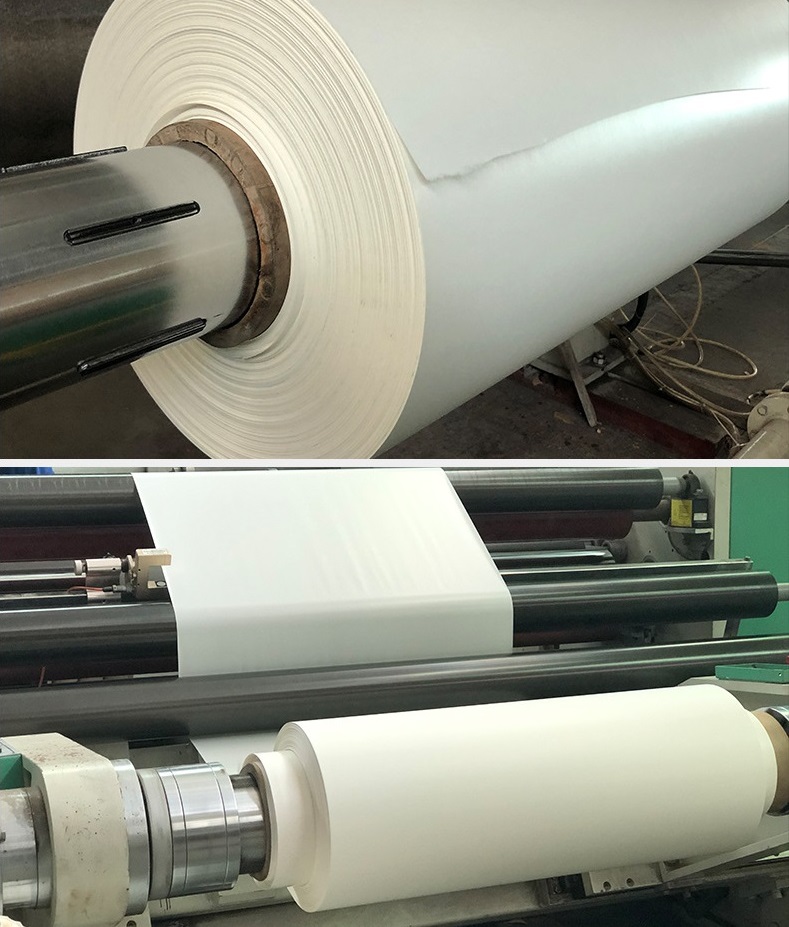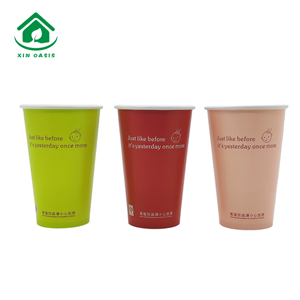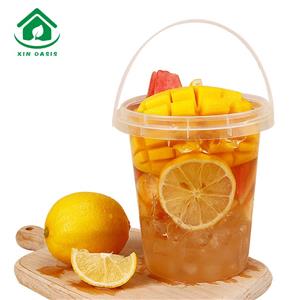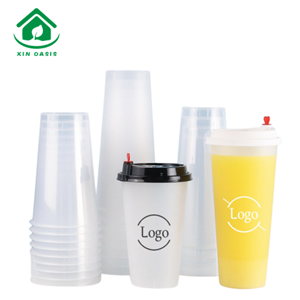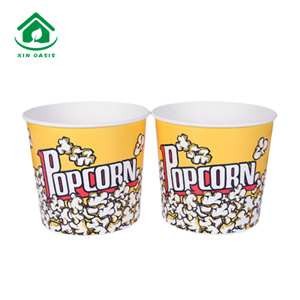Water-based coating paper material
Water-based coating paper is also known as water-based acrylic coating, this coating technology is an emerging environmental protection coating technology, has been the global chemical giant Germany BASF, China's famous chemical enterprises Wanhua Chemical, the United States Dow Chemical and other well-known enterprises to develop and promote. Among them, BASF launched JONCRYL water-based acrylic emulsion barrier coating technology is the most prominent, has been recognized in the field, in the China Science and Technology Union, DBC Group, Ring coating and other material application innovation enterprises manufacturing, HPB-DBC4110 an environmentally friendly and durable paper cup water-based acrylic barrier coating product solution came into being. Effectively solve the problem of the coexistence of paper cup leakage and environmental protection, bring hope for the sustainable and high-quality development of the paper cup industry, and become an effective choice to replace PE coating.
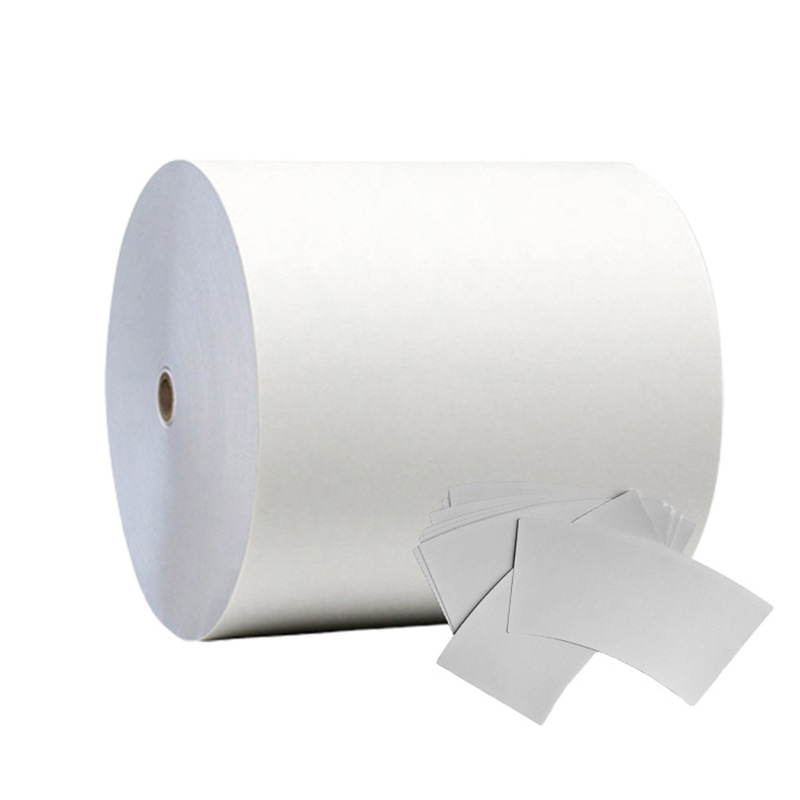
In short, water-based coated cup paper is an environmentally friendly paper product, which has the following characteristics and advantages:
1. Environmental protection: Water-based coating cup paper uses water-based coating instead of traditional plastic coating, which can be naturally degraded and is environmentally friendly.
2. Recyclability: According to T/CPA 001-2021 "Water-coated Paper Cups (including Water-coated paper cups)" group standard, water-coated paper cups and water-coated paper cups have recyclability requirements, helping to reduce the impact of waste on the environment.
3. Waterproof performance: The water-based coating provides a good waterproof effect, making the cup paper able to withstand the loading of liquid, suitable for holding drinks.
4. Printing performance: Water-based coating technology can provide good printing performance, so that the surface of the paper cup can present rich, bright, exquisite patterns and printing effects, enhance the appearance appeal of the paper cup and brand promotion effect.
5. Health and safety: Water-based coating does not contain harmful substances and meets food safety standards to ensure health and safety during use.
6. Innovation in production mode: With the vigorous development of the water-coated paper cup market, the production mode has changed from the initial single production mode to a new mode of common development of base paper production and post-processing.
7. Standardize industry production: The production specifications of water-based coated paper cups help to improve product quality, promote domestic trade and protect the environment.
8. International market potential: Water-based coated paper cups are not only sold at home, but also exported overseas, showing its potential in the international market.
9. Adapt to market demand: With the positive guidance of the concept of green development, water-based coated paper cups meet the market demand for environmentally friendly products.
10. Improve the recycling process: The recycling process of water-based coated paper cups has been optimized to meet the actual production needs of paper mills and improve the recycling efficiency.
These characteristics of water-based coated cup paper make it an ideal substitute for traditional plastic coated paper cups, and it is increasingly favored by the market and consumers.
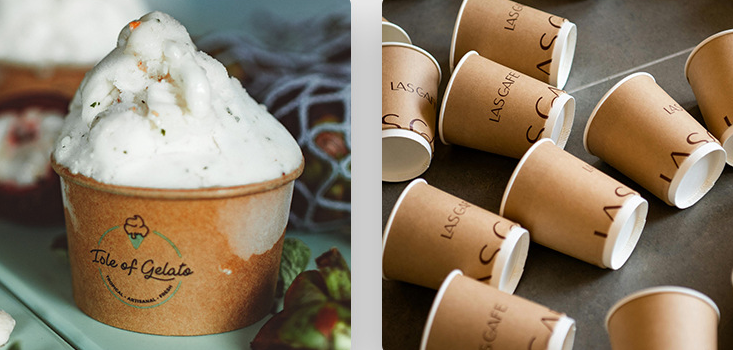
In addition, water-based coatings also have great advantages in characteristics. First of all, the water-based coating has no special odor, does not contain formaldehyde, benzene and other harmful substances, and has better environmental performance; Secondly, the water-based coating can be cured quickly, does not contain organic solvents, can reduce volatilization, reduce environmental pollution; Moreover, the water-based coating has strong pollution resistance and is easy to maintain, which can effectively shorten the construction period.
With the development of science and technology, the recyclable paper cup industry will continue to innovate and upgrade to meet the needs of consumers and enterprises for environmentally friendly products. The cooperation between governments, scientific research institutions and enterprises will also be closer, accelerating technological progress in this field and forming a benign development trend. We look forward to seeing the emergence of more environmentally friendly materials and technologies to gradually replace traditional fossil raw materials, so as to make positive contributions to global environmental governance. From recyclable paper cups to a wider range of applications, the commercialization of environmentally friendly materials and application technologies will become an important force in promoting sustainable consumption, industry and even social sustainable development.
